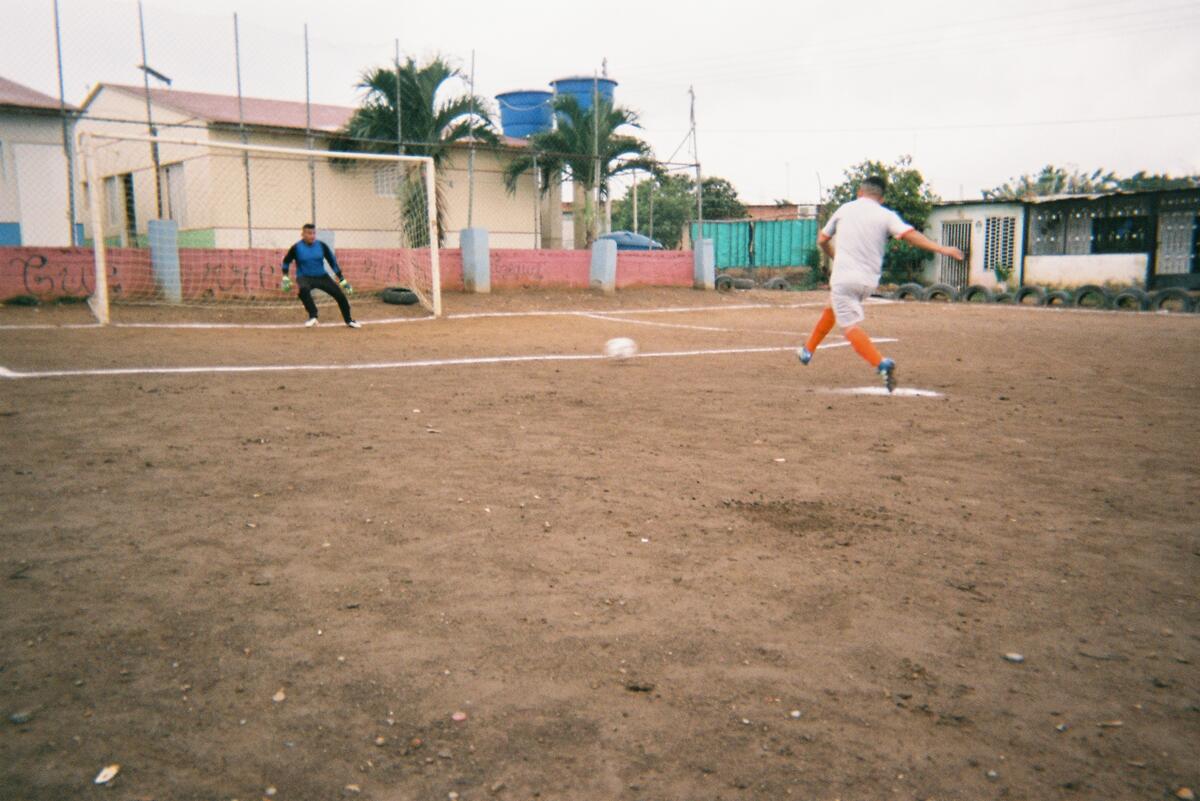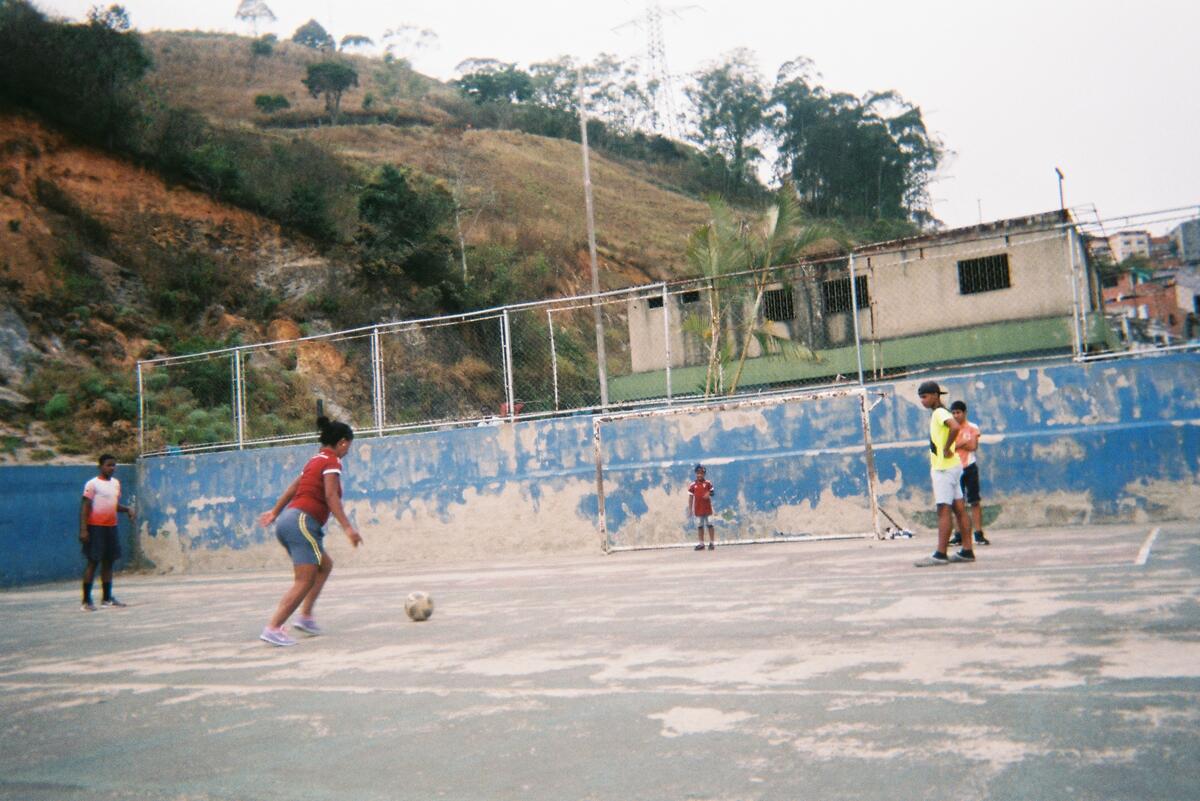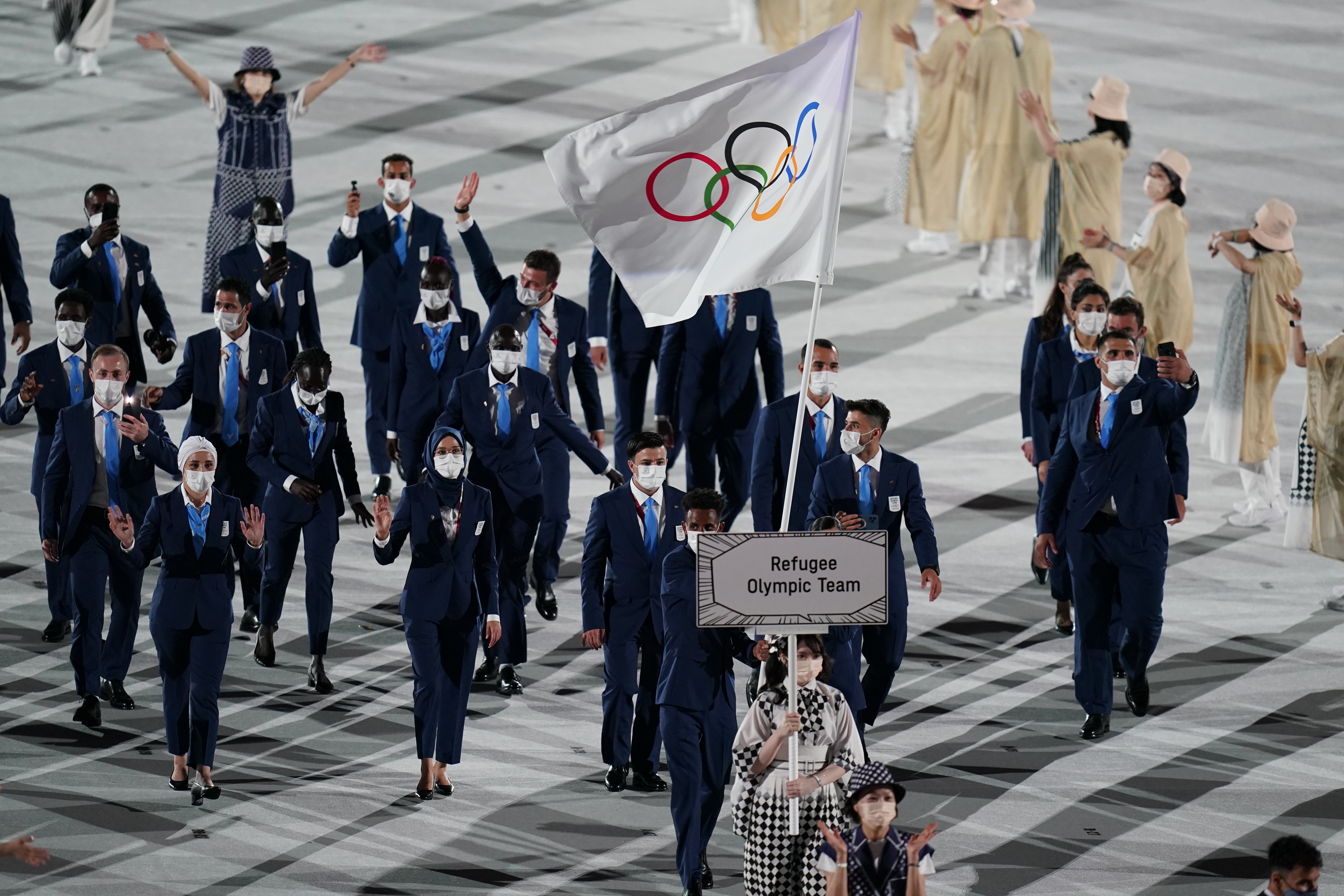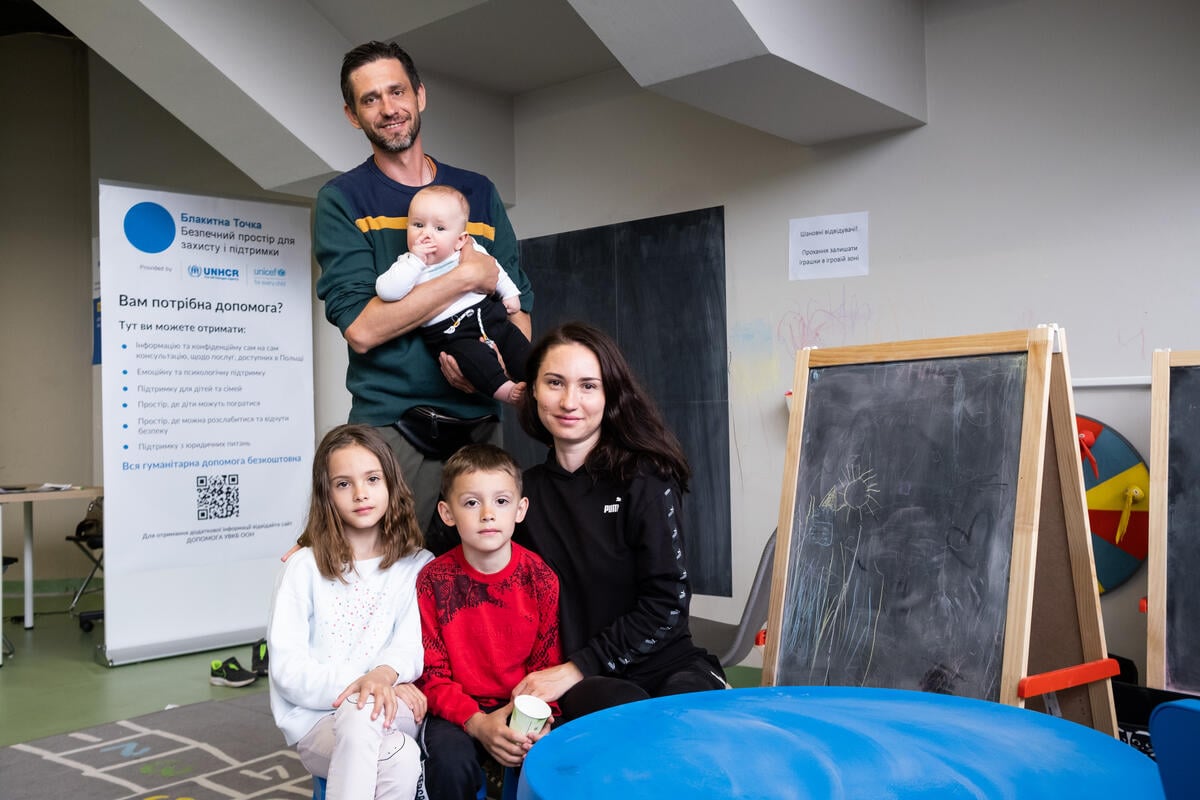Q&A: Jordanian brings resettled refugee children together on the soccer pitch
Q&A: Jordanian brings resettled refugee children together on the soccer pitch

WASHINGTON, D.C., United States, May 4 (UNHCR) - Luma Mufleh grew up in Jordan and emigrated to the United States to attend college. In 2004, she started the Fugees, a soccer team for refugee youth in Clarkston, a small town in the southern US state of Georgia. The town has become the home of many refugees resettled there after fleeing persecution in places such as Afghanistan, Bosnia, Burundi, Congo, Gambia, Iraq, Kosovo, Liberia, Somalia and Sudan. Coaching for six seasons, she has brought together players from diverse backgrounds and worked to find support for her team. UNHCR's pioneering ninemillion.org campaign, which promotes sport and education for refugee children, has been working with the Fugees for several months. Mufleh talked recently with Stephanie Getson, UNHCR public information intern in Washington, D.C. Excerpts from the interview:
What inspired you to start the Fugees?
I'd grown up playing soccer my entire life. While driving through Clarkston, I saw kids playing outside, barefoot and very disorganized, which reminded me of home. Looking at the kids, I realized that they did not have the opportunity to play organized soccer. I identified with them because I came to the United States as an immigrant and I wanted to work with people that I had a lot in common with.
How has your experience as an immigrant helped you in coaching refugees?
Coming to the United States, as much as people would like for it to be easy, it's still hard and very isolating. Knowing that and having gone through that, I can relate to what the families are going through. Also, I am Muslim and half of the team is Muslim. Having religion in common and speaking Arabic and French provides them something that they can identify with. To my players, I have been successful in the United States so the kids and the parents feel that if she can do it, maybe we can do it too.
What has coaching the Fugees taught you?
It has taught me that it doesn't take a lot to be very happy. You can take the kids out any given day of the week and throw the ball around. They love that and they don't complain about wanting to do more. I'm always surprised by their resilience and their strength, especially the mothers. They've been through so much and yet they are still smiling and working hard every day. These kids and their families have every excuse to give up and they don't. When you look at them, you can't complain about your life at all.
How do the boys you are teaching balance school, practice and adjusting to life in the United States?
I think it's very hard and I've lost kids because they don't like the rules we set for their academic performance and the requirement that they attend tutoring. It is more of a problem with the older kids who have never been in school their entire lives. For them, it is difficult to admit that they need help or that they can't read. The kids that admit they need help and work hard are becoming successful. Most of the players speak at least three or four languages and I tell them that it is more than their teachers know. I try to boost them up and give them credit for what they can do. I tell them over and over again that they can't succeed without a good education.
What difficulties has your team faced?
The United States is one of the few places in the world where you have to have money to play soccer. A lot of the leagues that we play in have parents who pay US$3,000 or US$5,000 per season so that their kids will have professional coaches and be able to play on incredible fields. There are many kids in this country who can't do that. It's been hard to struggle for a field every year when we get kicked off because another team can afford to pay and we can't. Sometimes, people in the community decide that they don't like us or that they don't like soccer and then they don't allow us to play. I try to protect the kids so that they don't get involved in the politics of it all, but it's hard not to get angry sometimes. At times kids will get called racial slurs on the field or be told to go back to Africa. It happens every season.
In contrast, have you received support from the community?
Since an article about us ran in The New York Times [last January], we've gotten a lot of support from all over the country. Kids in different soccer leagues around the country have organized cleat [studded boot] drives and fund-raisers for us. I've spoken at a couple of high schools about refugee issues. I realized that a lot of people in the US don't know what a refugee is, what a refugee goes through, or what assistance is provided to them when they're here. I think some of the prejudice is from not knowing these things. The majority of the people just need to be educated.
What does the future hold for the Fugees?
There is some discussion about making a movie about the team. We are also still looking for a permanent field. We have been offered fields outside of the city, but we are not able to bus the kids out of town. I also think it sends my players the wrong message that they are not good enough to play in their community, so we are working with the mayor to find a place in Clarkston.
Please tell us about your involvement with the ninemillion.org campaign
My involvement with the ninemillion.org campaign is simple. I believe very strongly that kids should have a right to play wherever they are. And the power of a ball is extremely powerful in changing lives - I see it every day. The mission of ninemillion.org is the same as ours. And we also use soccer as a tool towards a better education for the children. Also, the kids that are on our teams are the very ones that were in the camps that ninemillion targets. If we can reach more kids, maybe our lives will be a little more peaceful.









